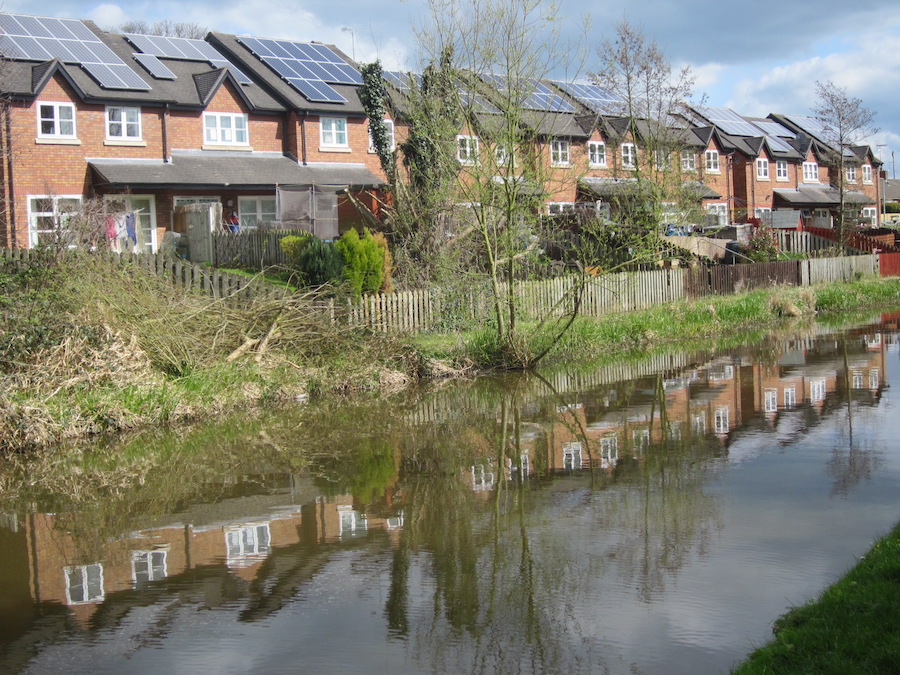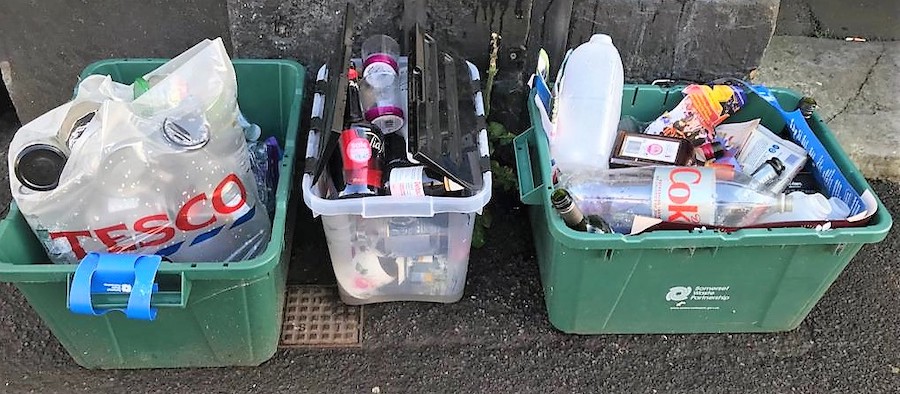
Anger as only a third of gardeners make their own compost
Newly-released figures showing that only a third of gardeners make their own compost are shocking.
That’s the view of Midlands green energy expert Ron Fox who said: “I am surprised so many growers are ignoring this free, easy and environmental alternative of using garden and food waste and instead spending money on shop products.
“Many of them seem unaware that garden centres are banning the sale of peat compost by May 2024 because of its effect on global temperatures.”
According to a recent Royal Horticultural Society survey of more than 1,800 gardeners conducted by YouGov, only 33 per cent of people said they made their own compost.
Among those who didn’t, more than a third, 36 per cent, said subsidised or free compost bins from councils would encourage them to start, while 17 per cent said online tutorials would help as well.
“The problem with buying peat compost from garden centres,” said Ron, of Noreus Ltd, “is that peatland store a third of the world’s soil carbon, three times as much as forests.
“By digging up the peat for compost, carbon dioxide, the major greenhouse gas driving climate change, is released into the atmosphere. At the same time, it also destroys a vital habitat for wildlife, including hen harriers and short-eared owls.
“Amazingly, the Royal Society for the Protection of Birds estimates that UK gardeners generate 630,000 tonnes of carbon emissions a year by using peat compost or by buying plants grown in peat,” said Ron of Noreus Ltd at Keele University, Staffordshire.
“The difficulty is that gardeners, who account for 70 per cent of garden centre sales, prefer peat-based compost because it is cheap, holds moisture well, is easy to carry and is believed to be free of plant funguses and virus which could destroy plants.
“But the advantages of making your own compost are that it recycles food and garden waste, provides an important soil improver, cuts CO2 gases and offers a habitat and nutrition to wildlife and plants,” he added.
To make compost, the BBC Gardeners’ World Magazine says you will need a compost bin, a sunny corner of the garden and an equal mix of nitrogen, which comes from lush, green material such as grass clippings, and carbon rich waste which comes from brown material, such as woody stems and cardboard.
Stand your compost bin directly on the soil – worms and other micro-organisms will speed up the composting process. Chicken wire at the base will keep rodents out. Add an equal mix of green and brown materials.
Speed up the process by turning your heap occasionally with a garden fork to aerate it, mixing the outside ingredients to the inside. Cover your bin to keep the rain out.
When the mixture turns brown and crumbly and slightly sweet smelling, the process is complete. This will take around six months if the heap has been turned regularly, but can take much longer.
For more information on green projects for your home and garden, call Ron on 01782 756995.
Caption: Only a third of gardeners make their own compost for free while two thirds prefer to buy peat from garden centres which drives up the amount of dangerous carbon dioxide released into our atmosphere.




